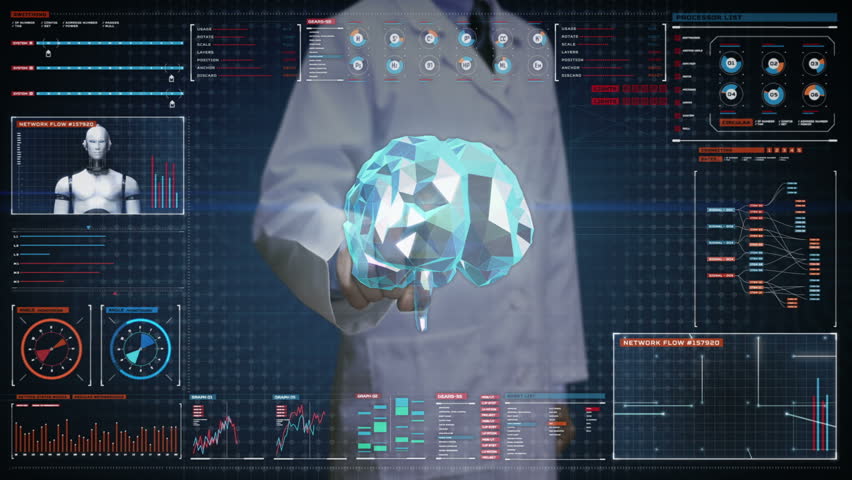Our relationship with technology is very intimate and close. We use tech for just about anything right now, from connecting to other people , storing our data and making a living online. As our knowledge of the brain, neuroscience and technology evolves, these intertwining fields propose an interesting future for all of us.

What are the limitations of today’s technology?
Technology can now monitor brain activity and even measure emotions. Is there a valid need to be concerned about privacy? While neuroscience technology may be able to collect significant amounts of data - such as how someone is feeling and what they may be looking at - the technology cannot create a complete image of the mind. Given that we can use brain imaging to determine what has happened (i.e. what image was presented a minute ago) and what is currently happening (i.e. what basic emotions does the person have currently), it is impossible at this time to perfectly predict thoughts and actions.
To protect our privacy, we need to consider what information is accessed, how it’s shared and used at the same time. Right now scientists may be able to generate dictionaries and feature spaces based on thoughts, or recover object and image representation in the human mind. This ability is still limited to decoding images or video pieces that you remember.
What about neural privacy?
As we continue to study the brain and human mind, we will also be able to decode more and more information. At one point we might even be able to decode the brain space in your mind. Obviously, when that happens we will have our minds open to a potential study, and that does come with its fair share of challenges as you can imagine.
The main problem here is who will gain access to these devices, as they will be the ones able to decode and access your brain’s data. We will need to have regulations and other things that might offer some control and management over such a tricky technology. It’s clear that we are dealing with vulnerability and if these recording devices and electrodes will become more accurate, they will be able to identify thoughts and ideas.
Protecting our mind and ideas will become a priority, so there will be a huge need for regulations in this situation. While ethics in neuroscience can be a gray area in regards to who is accessing these tools, the reality is that proper regulatory mechanics and ideas will be able to bring in astonishing results. Of course, it’s a very tricky topic to handle, however constant research in this field is extremely important, especially if we want to evolve and explore new possibilities.
Recommendations
Always work with Neuromarketing companies that follows a known code of ethics and keeps user data highly confidential and with full anonymity. Companies like True Impact, an organization member at NMSBA recommends certain criteria to follow that can be summarized by this (non-inclusive) list:
- Integrity : honesty about skills and experience
- Credibility : well established protocols
- Transparency : accept to be audited by an ethics committee
- Consent : clear explanation of protocols and written approval by participants
- Privacy : full anonymity and ownership of data collected
- Participants Rights : proper data protection rights of participants
References
- Roskies, A. (2016) ‘Neuroethics’. Available at: https://plato.stanford.edu/entries/neuroethics/#
- Murphy, E. R., Illes, J. and Reiner, P. B. (2008), Neuroethics of neuromarketing. Journal of Consumer Behaviour, 7: 293-302. doi:10.1002/cb.252
- “NMSBA Code of Ethics - NMSBA,” buying-neuromarketing/code-of-ethics. [Online]. Available: https://www.nmsba.com/




